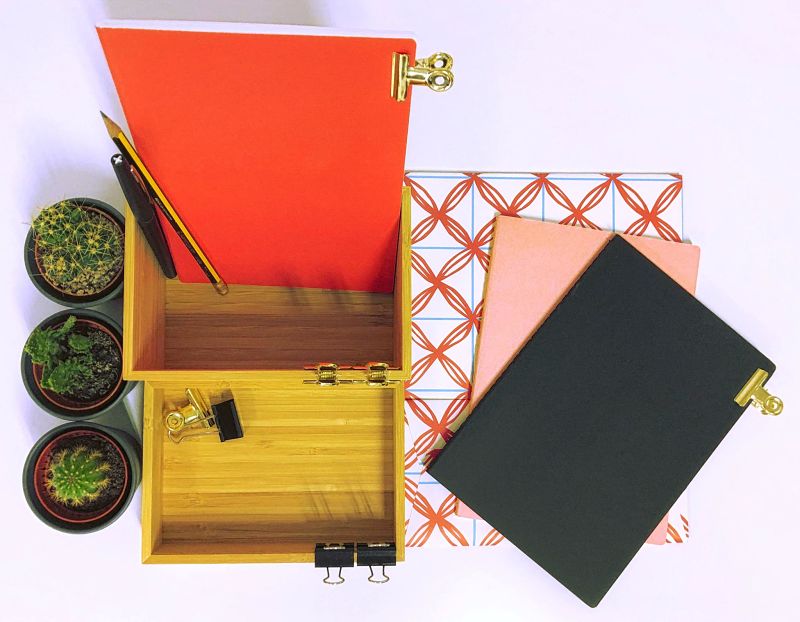June, July, August, and the Teacher
 Photo by David Fintz on Unsplash
Photo by David Fintz on Unsplash
Every teacher has seen the sentiment that the best months of the school year are June, July, and August. Every teacher knows the inaccuracy of the witticism but there are ways that we can use June, July, and August to make us better teachers.
Summer vacation provides us with a break in routine and the stress and demands of school life. This break is necessary but we can use it or waste it. June, July, and August should not be months to just forget about school and enjoy life. Many of the ways we enjoy life can also enhance our teaching in the next term and beyond.
Summer vacation provides time to do the extras for school that we don’t get done during the year. We have time to clean out our closets, organize the flashcards, books, and boxes, make those worksheets or tests we’ll need, and mend text and library books. A wise teacher cleans and organizes the classroom at the beginning of summer break. Then in the middle of August, he is ready to launch into the new preparations for the year. The summer months provide a time to focus on other priorities besides school. Some of us may hold another job. Some of us are able to catch-up on things around home. Some of us will be able to do things such as travel that we couldn’t during the school term. Refocusing on other priorities lets us rejuvenate from the demands of teaching. The break also provides time for continued learning. We may choose to enhance our teaching in a formal learning environment such as classes in our local area or Faith Builders’ Summer Term. However, continued learning does not have to be about school to help us become better teachers. Taking a class in horticulture, or blacksmithing, or photography adds to our life experience, giving us a larger teaching repertoire. Informal continued learning should also be a part of our summer break. Many summer activities are opportunities to learn. We can use the summer months for travel. Travel can help us re-focus, provide opportunities for learning, and build relationships. In the summer, teachers have the time to work with disaster relief projects, go on short-term mission trips, visit out-of-the-area family and friends, or learn about other cultures, geography, and historical moments. Travel can be as close as the next town or half-way around the world.Several summers ago, my co-teachers and I spent ten days in Ireland. Not only did we come home with nuggets of Irish history, culture, and geography, but we also built relationships and a new appreciation for each other.
Spend time learning about local features. Summer is a good time for us to explore places and stories connected with our local area. Some of what we learn will make it into our classrooms in the fall. Take the summer months to visit museums, geological features, natural history, historical events and places, manufacturing—all the many features of the local area that enhance your learning. Summer can also be a good time to scout out places for next year’s field trips.We live in an area surrounded by Civil War history. Summer gives us the opportunity to explore battle sites, preserved historical buildings, and other places connected with the Civil War. We have time to hike the mountain trail to Potter John’s cabin; the hiding place of the Mennonite man who allegedly walked backwards in the snow over the mountain to escape from the Confederate army.
Summer allows us time to visit people. Brighten up an older person’s day by taking time to visit. Make a point of visiting people with skills you’d like to learn about such as beekeeping, quilt-making, or bird-watching. Not only do you build good relationships; by listening, you acquire knowledge of a wide variety of subjects. Take the time to learn new skills. Use this time do something you’ve always wanted to do. Last summer, I learned to make soap. Not only have I gained a useful hobby, I’ve also become fascinated with the chemistry process that turns oil into something that combats oil. Summer is a good time to catch up on reading. Read books that interest you and will help you be a better teacher in the fall. This may include books such as Teaching with Love and Logic by Jim Fay and David Funk, different by Sally Clarkson and Nathan Clarkson, Seeking Allah, Finding Jesus by Nabeel Qureshi, Church History by Keith Crider, Vera’s Journey by Judy Yoder, Please Don’t Feed the Bears by Gary Richmond, or good fiction books. Read through the new social studies textbook you will be teaching this fall. If you have never picked up the book The First Days of School by the Wongs, plan to do so this summer.Teachers, unlike most job holders, have the gift of several months of summer vacation. What we do in those months can help us become better teachers in the next term. It is up to us whether we use that time or waste it.
***
Companion post: June, July, August, and the Student
Leave a Reply